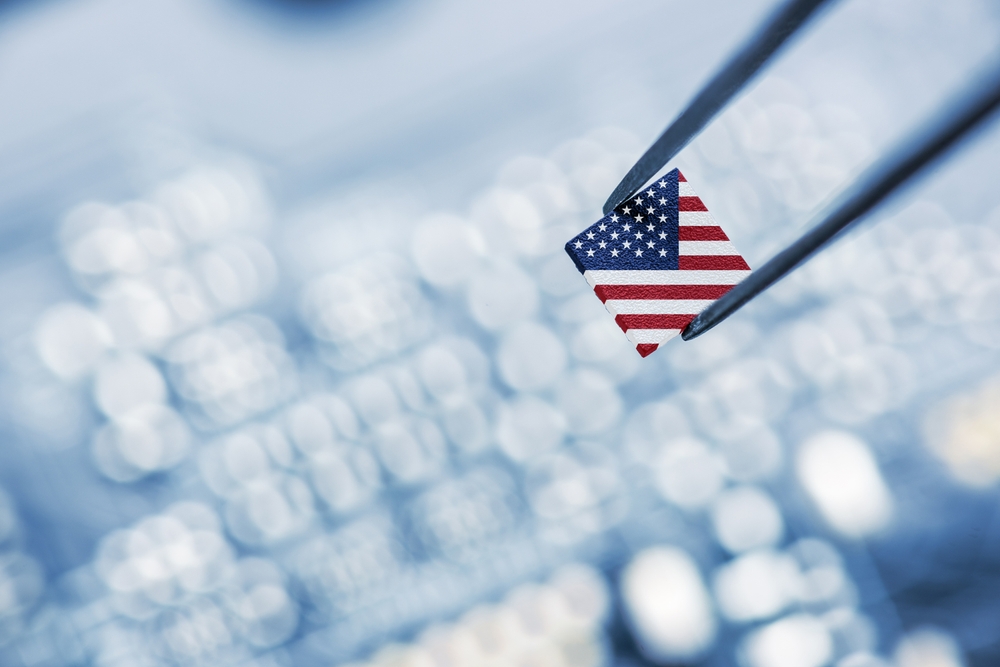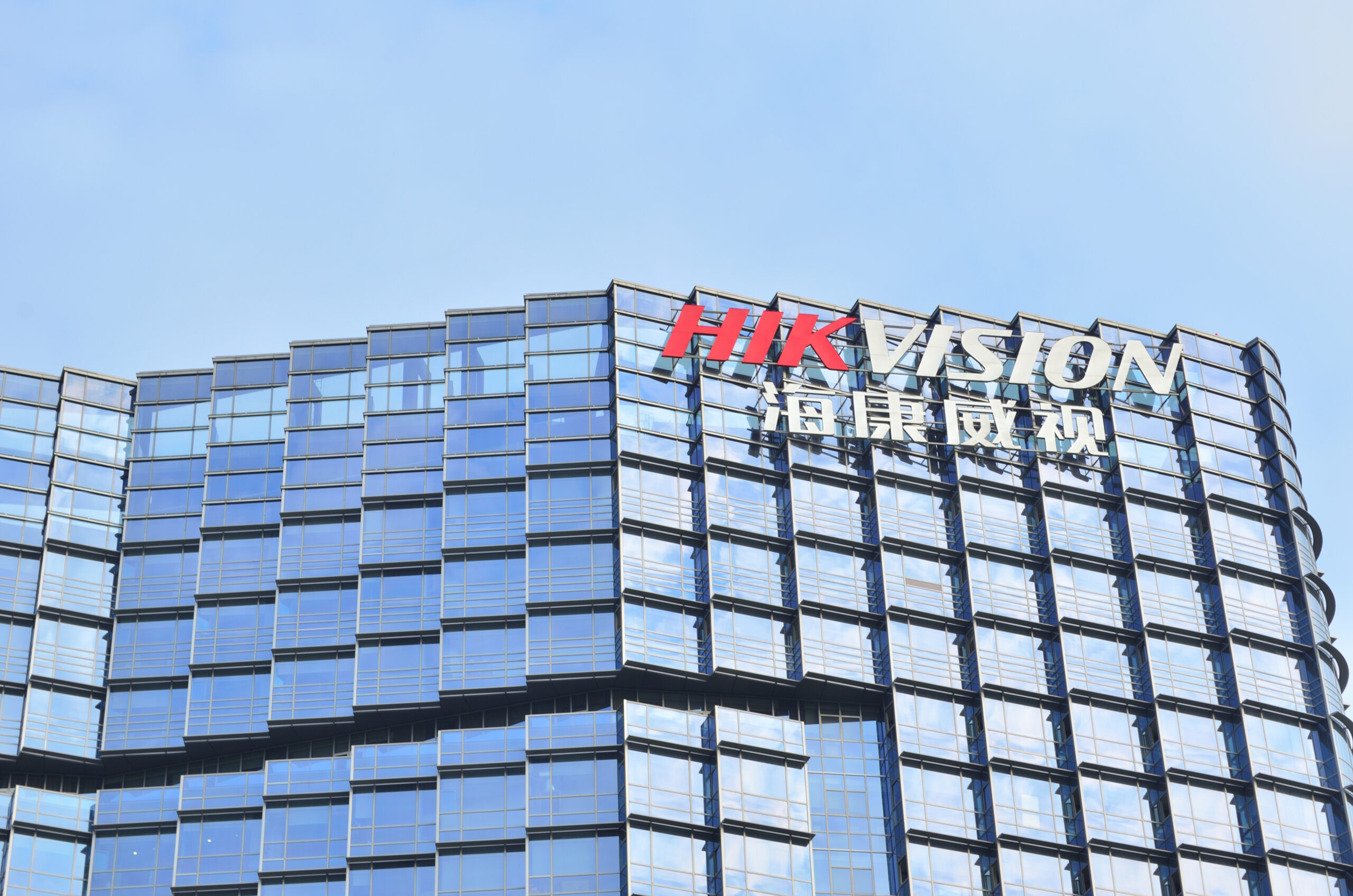Chinese companies have been advised to reconsider purchasing U.S. semiconductor products, with top industry associations declaring on Tuesday that American chips are “no longer safe.” The coordinated statements, issued by four major trade groups, signal a sharp response to recent U.S. restrictions targeting China’s semiconductor sector. These calls urge businesses to prioritize local chipmakers, intensifying an already fraught trade relationship between the two global powers.
This development follows the United States’ latest export control measures, announced on Monday, which restrict sales to 140 Chinese firms, including major semiconductor equipment producer Naura Technology Group. These restrictions represent Washington’s third crackdown in three years on China’s chip industry. The moves also precede the upcoming inauguration of U.S. President-elect Donald Trump, who has signaled intentions to reinstate heavy tariffs on Chinese imports, recalling trade policies from his first term.
Broader Implications for U.S. Chipmakers
The Chinese associations’ warnings could directly impact leading American semiconductor companies like Nvidia, AMD, and Intel, which, despite existing export curbs, maintain significant sales in the Chinese market. While these firms have yet to comment, the Semiconductor Industry Association (SIA) in the U.S. criticized the claims, asserting that American chips remain reliable and emphasizing the importance of narrowly focused export controls to meet security objectives.
SIA called for de-escalation, urging both governments to avoid further retaliatory measures. However, the Chinese trade groups did not specify why U.S. chips were deemed unsafe, leaving room for interpretation about the basis of their assertions.
China’s Retaliation Gains Momentum
Simultaneously, Beijing announced a ban on exporting key rare minerals essential for manufacturing advanced technologies, including military equipment, fiber optics, and solar cells. This action, coupled with the industry warnings, marks a shift in China’s approach to countering U.S. trade policies. According to Tom Nunlist, associate director at policy research firm Trivium China, these measures indicate a more assertive stance: “The gloves are off.”
While the mineral export ban holds immediate strategic weight, the industry associations’ recommendations might have a more tempered impact. The Internet Society of China, one of the groups involved, encouraged companies to explore partnerships with non-U.S. firms and adopt both domestic and foreign-made chips produced within China.
A Growing Divide in Tech Supply Chains
The warnings echo China’s previous treatment of U.S. firms like Micron, which was subjected to a cybersecurity review and later barred from selling to critical Chinese industries. The incident highlighted how national security concerns have become a focal point in the semiconductor standoff. Similar scrutiny has targeted Intel, with Chinese trade groups questioning the security of its products.
The escalating conflict underscores the deepening divide in global tech supply chains, as both nations look to secure their strategic interests. Whether the latest advisories will translate into substantial market shifts remains uncertain, but they further complicate the path toward reconciliation between the world’s two largest economies.













